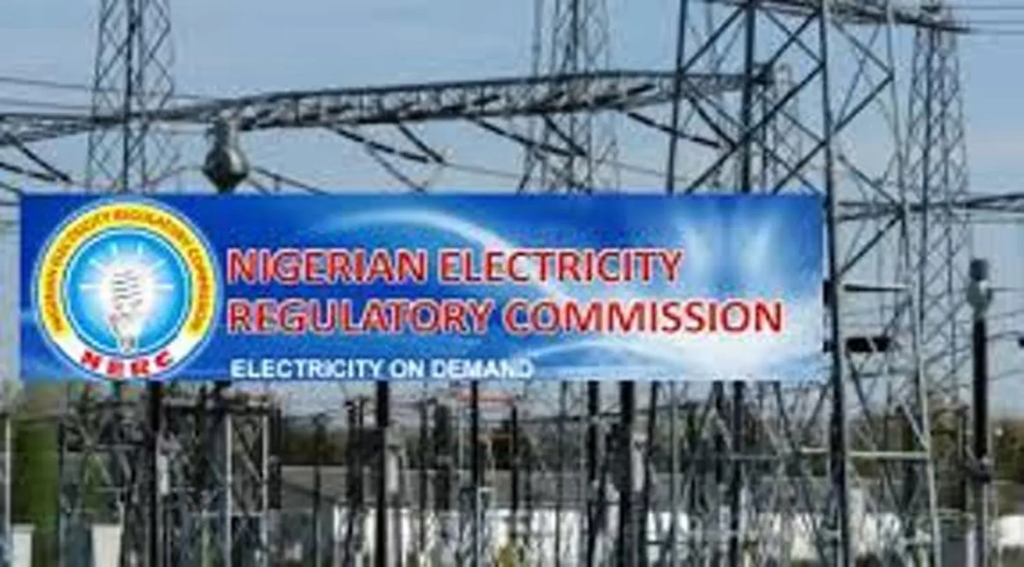
The Nigerian Electricity Regulatory Commission, NERC, is awaiting the approval of President Bola Tinubu before a new tariff regime is made public.
The review of the Multi-Year Tariff Order, MYTO, which happens twice a year, is expected to lead to a rate increase following the devaluation of the Naira with the flotation of the national currency.
An impeccable source at the Commission told Vanguard, yesterday that the review has been concluded and the result sent to the President for approval. The source who declined to be named said “Everything is ready.
By Friday this week, we will know if this increase will happen on July 1 or August 1, as some people have suggested.
“The truth is that the increase will happen, if not the government will have to pay for the shortfall. I don’t think there is a budget for it and without the increase, the industry will struggle to survive”, the source added. Providing more insight, he disclosed that a stakeholder meeting involving the Commission, operators and consumers has been scheduled for Monday and Tuesday next week where all issues arising from the tariff hike will be discussed.
It was confirmed that President Tinubu’s, Special Adviser on Energy, Olu Verheijen would likely lead the government’s decision on the electricity tariff review and all other reforms in the sector.
Last Friday, she met with top government officials at the Federal Ministry of Power in Abuja where she was said to have put forward her vision for the power sector.
Already, some consumers said they would attend the planned stakeholders meeting expected to through up issues, including the rising cost of operations, inflation and foreign exchange for discussion.
Meanwhile, the Electricity Distribution Company, DisCos said the upward tariff review would encourage investment, leading to the supply of additional power to consumers.
Similarly, the Manufacturers Association of Nigeria, MAN also noted that the implementation of the nation’s Electricity Act would also be enhanced because of the new tariff.
In its position paper obtained by Vanguard, the association stated: “As an advocacy Association, MAN has always pushed for the need to charge cost-reflective electricity tariff to avoid extortion of our members. Fortunately, it is of great delight that this new Act fits like a glove as it will help actualize a cost–reflective tariff considering the healthy price competition it will bring between the states and private investors.”
However, the President, of Nigeria Consumer Protection Network, Mr Kunle Olubiyo, in a note to Vanguard, noted that much value has not been given to consumers despite several past tariff reviews.
He said more investment should be channelled into the capacity expansion of critical power grid infrastructure and network improvements in order to upscale efficient service delivery, quality of supply and customer satisfaction in the post-privatized Nigerian power sector.
He also said: “Government should address matters relating to domestic gas obligation, appropriate gas pricing and gas to the domestic market should be sold in local currency (Naira) for use by gas to power generation power plants.
“Government should provide tax incentives, fiscal and non-fiscal incentives and access to long-term low-interest single digits credit facilities to indigenous meters assembling plants/local meters manufacturers in order to strengthen their production capacity.
“End users of electricity in Nigeria should be given the opportunity to buy pre-paid meters off the shelves. Conversion of the post-paid meters used by maximum demand metered customers who are bulk users into pre paid maximum demand meters in order to enhance energy accountability and customer-centric, customers’ satisfaction & value for money.”

